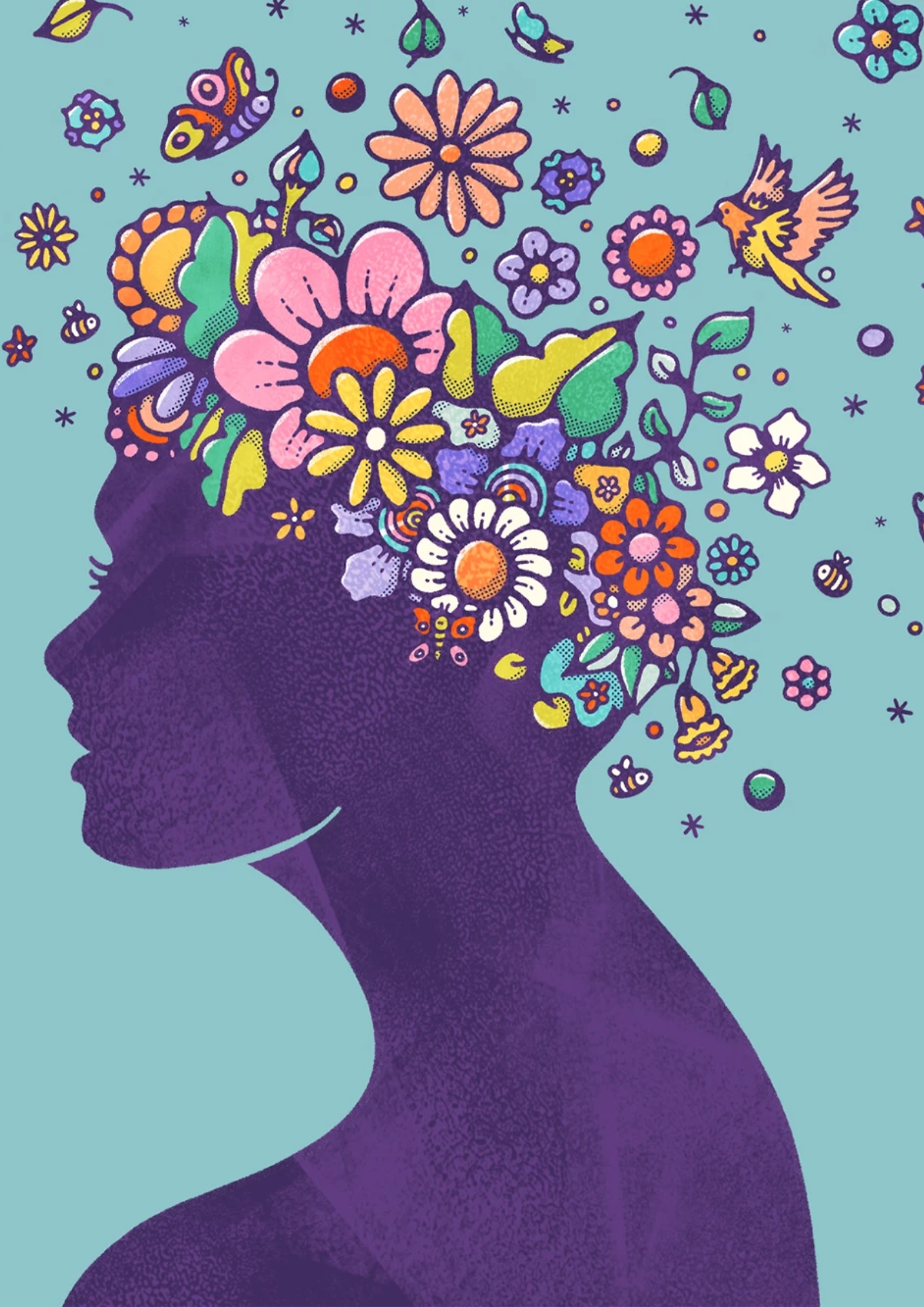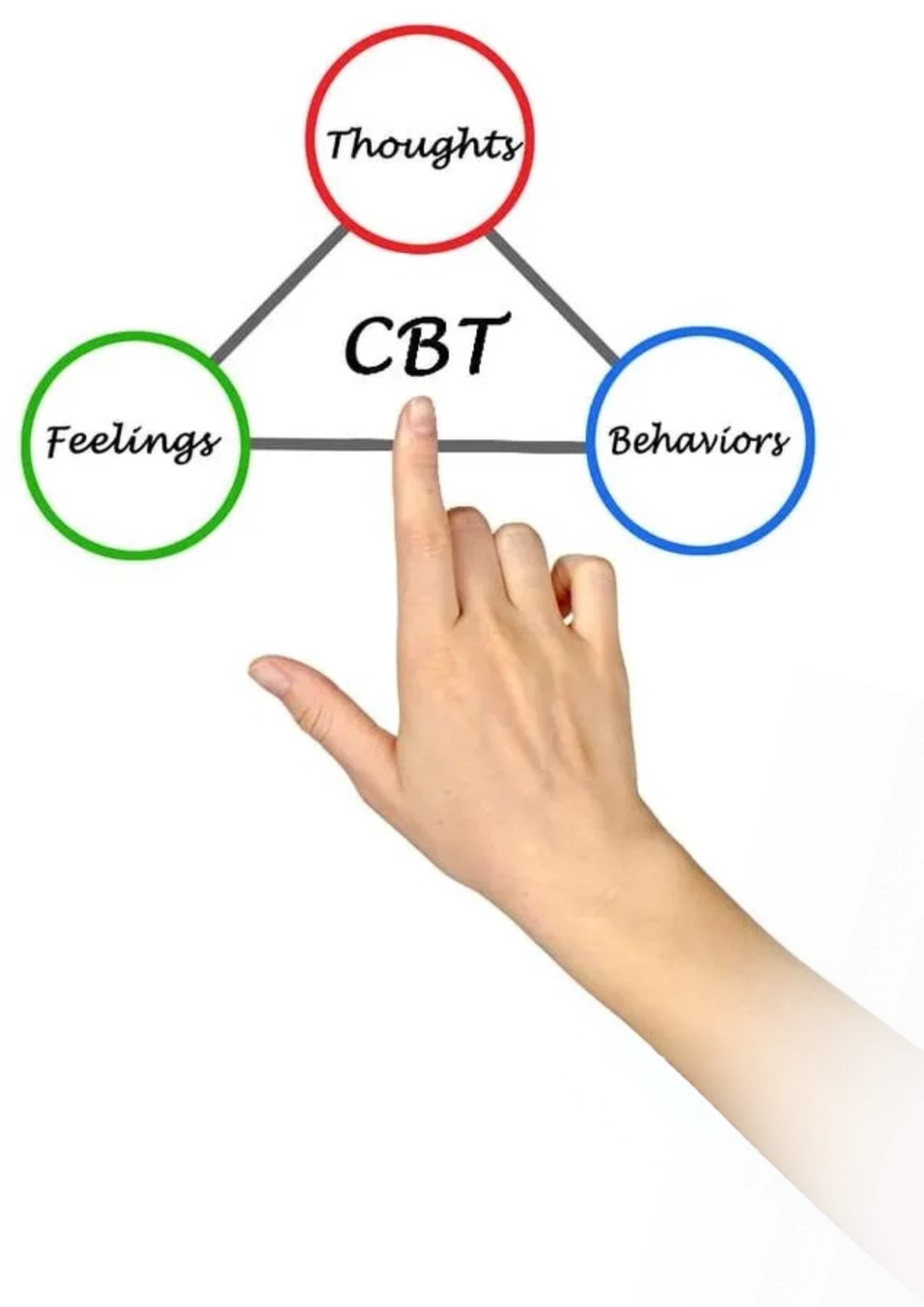Cognitive Behavioral Therapy (CBT) is one of the most effective and scientifically proven therapeutic approaches for managing mental health disorders. CBT focuses on the connection between thoughts, feelings, and behaviors, with the goal of changing negative thought patterns that influence emotions and actions. Whether you're struggling with anxiety, depression, or other emotional challenges, CBT helps you reframe negative thinking, build healthier coping mechanisms, and ultimately, improve your mental well-being. At our clinic, we offer CBT services with a personalized approach designed to address your specific concerns, promote emotional resilience, and equip you with the tools needed to lead a happier, healthier life.
Cognitive Behavioral Therapy is a structured, time-limited psychotherapy that aims to help
individuals identify and modify negative patterns of thinking, feeling, and behaving. This
evidence-based treatment focuses on problem-solving and practical strategies to manage mental
health conditions.
CBT operates on the understanding that our thoughts influence how we feel, and how we feel
influences how we behave. By identifying harmful or distorted thinking patterns and replacing
them with more balanced thoughts, individuals can alter their emotional responses and actions,
leading to improved mental health.


Contact us today to schedule a consultation and take the first step towards healing with Cognitive Behavioral Therapy!